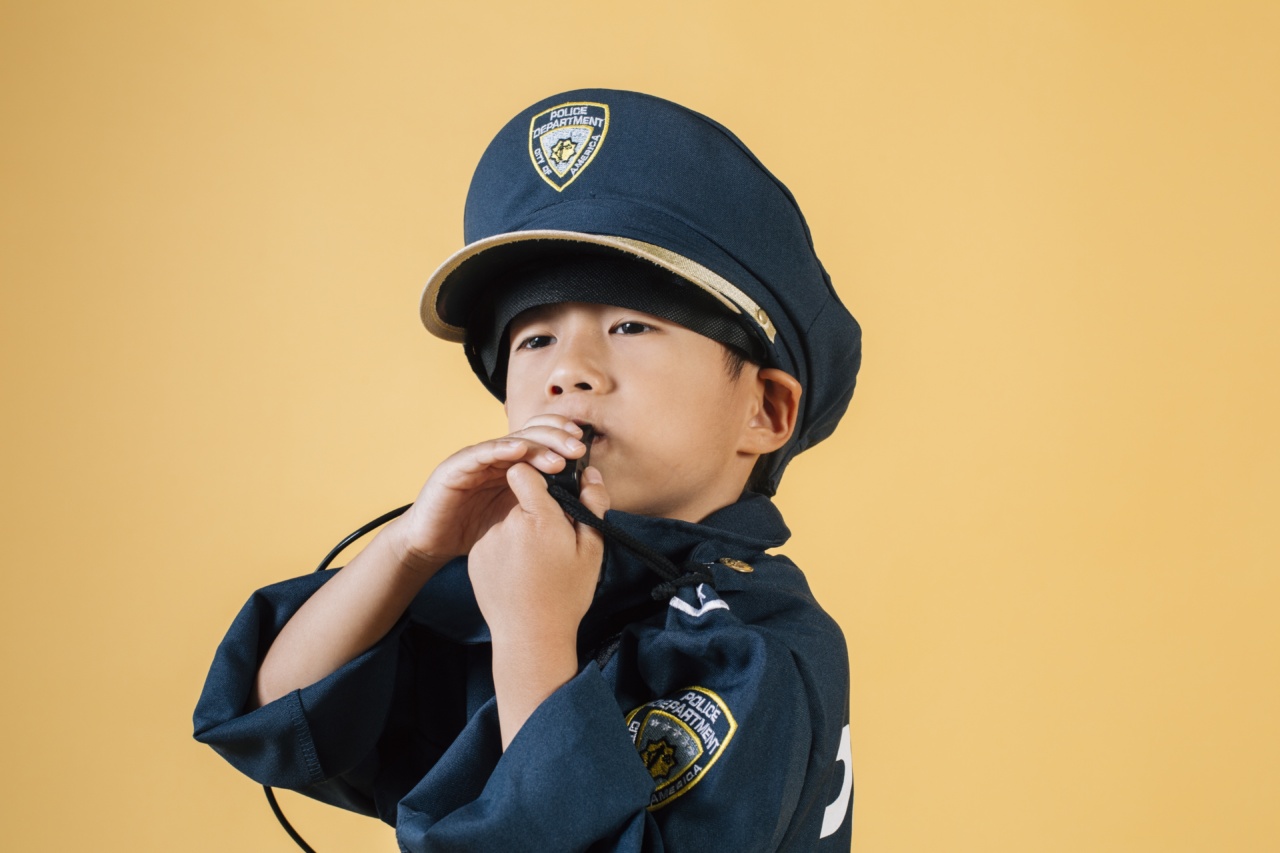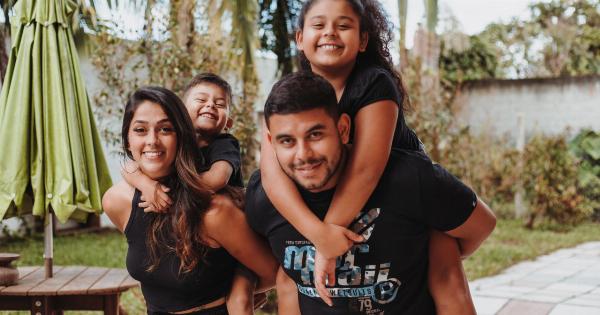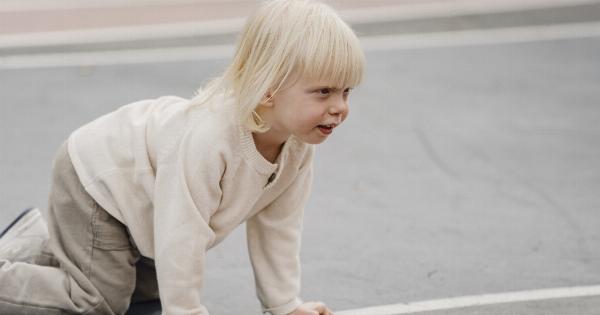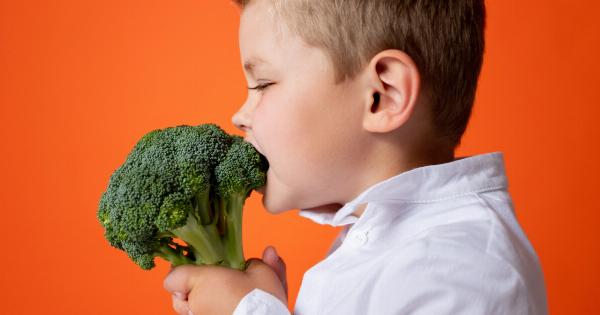Sleep is a fundamental biological process that is critical to our mental and physical well-being. For children, quality sleep is essential for healthy growth and development.
However, some children may not sleep well or may exhibit unusual sleep behaviors, such as snoring, snapping, or whistling. These behaviors can be concerning to parents, and it is important to understand their underlying causes.
What causes snoring in children?
Snoring is the sound produced when air flows past the relaxed tissues in the throat during sleep. Many children snore occasionally, usually due to a cold or allergies.
However, persistent snoring can be a sign of sleep-disordered breathing, which can affect a child’s sleep quality and overall health.
The most common cause of persistent snoring in children is obstructive sleep apnea (OSA). OSA is a condition in which the airway becomes partially or completely blocked during sleep, causing the child to briefly stop breathing.
The brain then wakes the child up briefly to reopen the airway, resulting in fragmented sleep. Other symptoms of OSA in children may include bedwetting, night sweats, and daytime sleepiness.
If you suspect that your child may have OSA, it is important to consult your pediatrician. A diagnosis may involve a sleep study, which can help identify the severity of the condition and guide treatment options.
Why do children snap their teeth in their sleep?
Teeth-snapping is an unusual sleep behavior that can be startling to parents. It occurs when a child clenches or grinds their teeth together during sleep.
The causes of teeth-snapping in children are not entirely clear. It may be related to stress, anxiety, or an abnormal bite. In some cases, teeth-snapping may be a sign of a more serious sleep disorder, such as sleep apnea or restless legs syndrome.
Children who snap their teeth frequently may be at risk of developing dental problems, such as enamel erosion or premature tooth wear.
If you notice that your child is snapping their teeth in their sleep, it is advisable to speak with your dentist. They may recommend a mouthguard to protect the teeth and alleviate any discomfort or pain associated with the behavior.
What causes whistling or wheezing in children during sleep?
Whistling or wheezing sounds that occur during sleep may be a sign of asthma or another respiratory condition. These sounds are caused by the narrowing of the airway, which makes it harder for air to flow in and out of the lungs.
Children with asthma may experience wheezing or other breathing difficulties during the day as well. Other symptoms of asthma may include coughing, shortness of breath, and chest tightness.
If you suspect that your child may have asthma, it is important to consult your pediatrician. They may recommend testing to confirm the diagnosis and develop a treatment plan.
Other respiratory conditions that may cause wheezing or whistling during sleep include allergies, bronchitis, and pneumonia. These conditions can cause inflammation and mucus buildup in the airways, making it difficult to breathe.
Conclusion
Unusual sleep behaviors in children can be concerning to parents, but they are often treatable.
Snoring, teeth-snapping, and wheezing or whistling during sleep may be signs of underlying medical conditions, such as sleep apnea, dental problems or respiratory disorders. If you are concerned about your child’s sleep behaviors, speak with your pediatrician or dentist. They can help diagnose any underlying issues and develop a treatment plan to improve your child’s sleep quality and overall health.





























